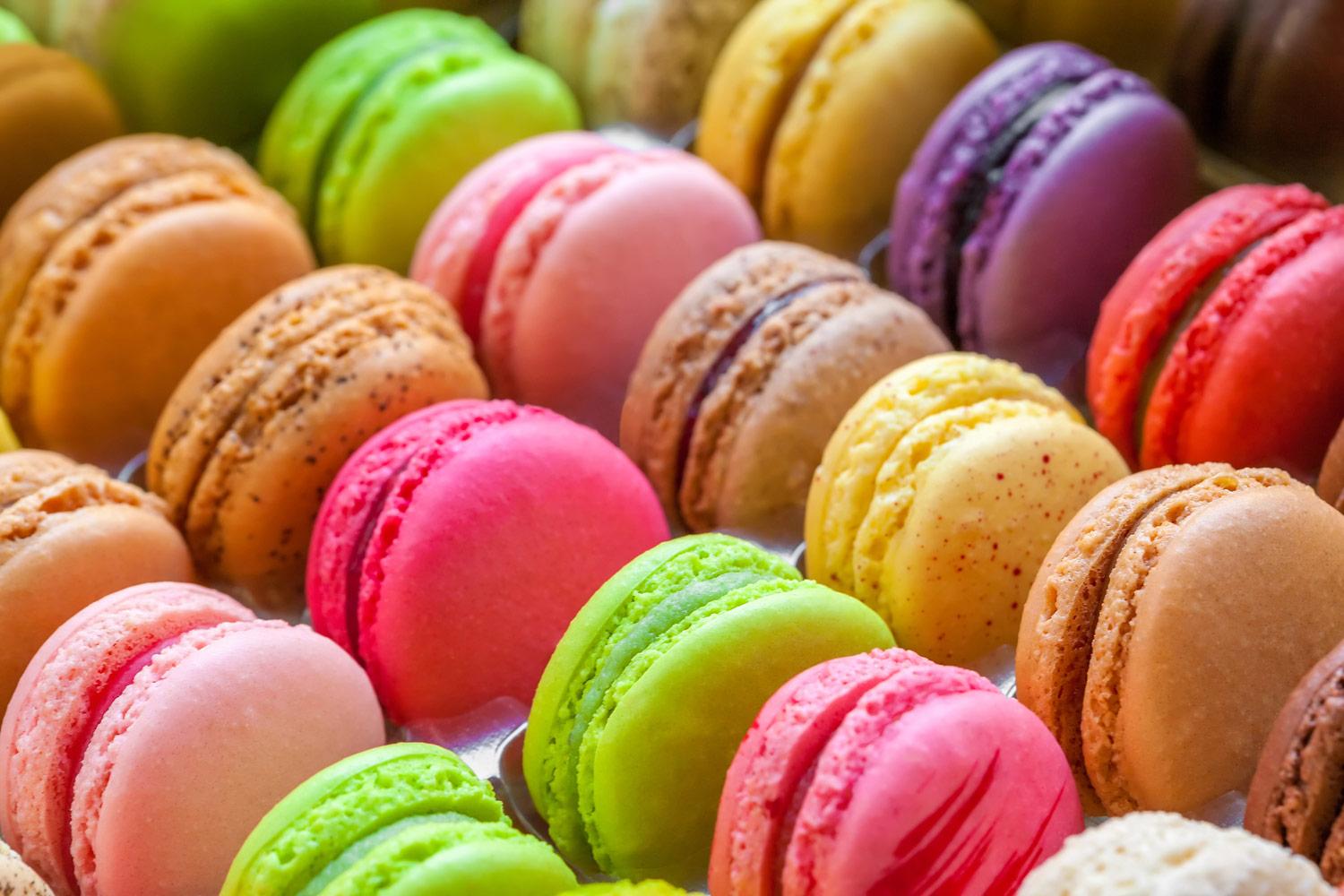
History Of Italy
This work that we are going to expose is about the History
CULTURE
The Italian culture is the set of the cultural manifestations produced in Italian territory. Italy is recognized by its art, its culture and its numerous monuments, such us the Tower of Pisa and the Roman Coliseum, as well as by its gastronomy (Italian famous plates are pizza and pasta), its wine, its way of life, its painting, its design, cinema, theatre, literature and music, especially the opera. All that has created a considerable italofilia in the world.
LITERATURE
Lorenzo De Médici
Lorenzo de Medici was born in Florence, January 1, 1449- Villa medicea de Careggi; also known as Lorenzo the Magnificent by his contemporaries, he was an Italian statesman and de facto governor of the Republic of Florence during the Italian Renaissance. His life coincided with the culture of the early Italian Renaissance; his death marks the end of the Golden Age of the city of Florence. The fragile peace that helped maintain between the different Italian states ended with his death. His remains are found in a Medici Chapel in the Basilica of San Lorenzo (Florence).
Sandro Botticelli
Leonardo Da Vinci
MUSIC
The Opera was born in Florence in the year 1600 and is the quintessential exponent of Italian music. The Opera is based on musical theater and although in its beginnings it was a show intended for courtiers and then, when moving to Venezia, it went on to form one more of the carnival shows.
CINEMA
films of varying length were made, of which some One thousand five hundred



